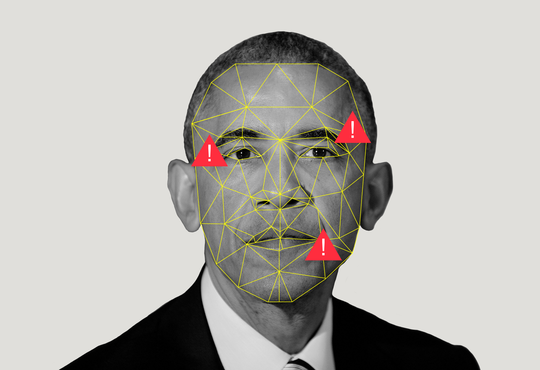Introduction
Online shopping has become increasingly easy and personalized over the years. When you buy or search for items, similar products are recommended to help make your shopping experience quick and simple. But with all this personalization happening, you may be concerned about what kind of data is being collected about you and how it’s being used.
Nowadays, most companies have some sort of consumer profile taking note of your behaviours. It may be how you interact with certain posts, what websites you visit, or what products you look at. It seems harmless; it’s just another way for companies to cater their advertisements to the individual—right?
How do we know otherwise? How can we make sure we’re not being profiled in other ways that may be damaging? There are many ways to profile people. It may be accomplished by age, demographics, views, and race. But not all of types of profiling are good for customers and some may even be considered highly discriminatory. With all this data that companies collect about us, does consumer profiling actually work in our favour?
How it affects you
Currently, the effect of consumer profiling on customers is mostly positive. Recommended items suited to your likes and interests are automatically presented to you, making it quick and simple to purchase. You can even save money with discounts and limited time offers. This customization helps make our lives far more convenient than before. With so much personalization, you can find the right product the first time you search.
However, the problem that is present with creating personal consumer profiles lies in the question: when does profiling go from helpful to hurtful? We need to make sure that we customize fairly for everyone. As business becomes personal, individualized marketing will outgrow generalized techniques. Companies must be able to accommodate everyone’s interests without discrimination. [1]
There have been many notable incidents from the past where a company is accused of mistreating clients because of a presumption based on race, income, or ethnicity. The perpetuation of stereotypes may also continue to exist. Due to a lack of cultural awareness, a company can decide to market to a certain group without considering how they market it.
Tips on what you can do to lessen being profiled
If this all sounds a little concerning to you, take some cautionary to steps to avoid being profiled online. Here are some general tips:
- Most website allow you to opt out of their profiling at any time and see what data has been previously stored
- You can use an incognito browser when you are browsing online as your history and cookies will not be saved
-
You can use a VPN or a browser such as DuckDuckGo to avoid having your data used for profiling
-
You can use Browser extensions such as Ghostery or Disconnect to stop all types of tracking, even invisible ones.
You can find an extensive list of tips for all platforms on this website provided by the Office of the Privacy Commissioner of Canada.
Conclusion
Consumer profiling is something that is happening around us everyday. In fact, it’s seen as good practice and is regarded as an innovative way to improve business. Although there are some concerns about the ethicality, personal profiles—if used correctly—are beneficial. The information gained by these statistics not only helps companies, but consumers as well. With proper rules and regulations, it should become the standard way of doing business.
References
[1] Singh, T. (2019, July 3). Latest Technology Trends That Will Impact Businesses in 2020. Retrieved from https://www.mobileappdaily.com/future-technology-trends












